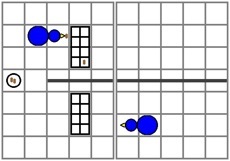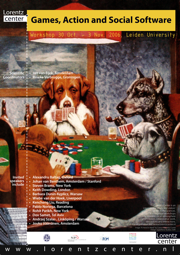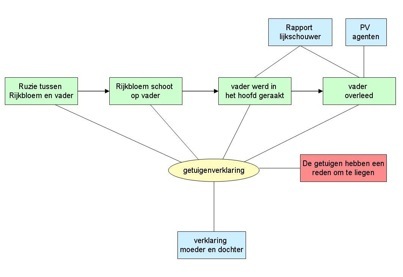Nowadays, computer programs based on artificial intelligence work together in teams called multi-agent systems. In the future humans will cooperate with these programs, for example in healthcare, international negotiations, and rescue missions.
Software agents, the artificial members of the team, often reason based on formal logics. Usually they are capable of an arbitrary amount of recursion: A cannot only think about what B knows, but also about what B thinks that A knows that B wants... and so onwards, for every order of social cognition. However, humans lose track of such reasoning after only two or three levels.
If software agents work together with human teammates, it is very important that they take into account the limits of social cognition of their human counterparts. Otherwise an international negotiation, for example, fails, even when it has potential for a win-win solution. In a time-critical rescue mission, a software agent may depend on a human teammate's action that never occurs.
In the Vici research program, we aim to design new formal logics, which accurately model human limitations in higher-order social reasoning. We gather new information about children's development and adults' limitations in applying higher-order reasoning. For this, we use an unprecedented close-knit combination of empirical research and formal modeling. Logical and computer models provide predictions for innovative experiments with children and adults. These experimental results in turn lead to improved formal models and cognitive theory.
Whereas first-order social cognition has been the subject of intense investigation over the last decades, higher-order social cognition is far less well-understood. This research program makes two main contributions. Firstly, it provides a better understanding of higher-order social reasoning, for the benefit of cognitive scientists, logicians and computer scientists. Secondly, it designs realistic logics, ready for implementation in systems supporting higher-order social cognition in mixed human-computer teams.
























